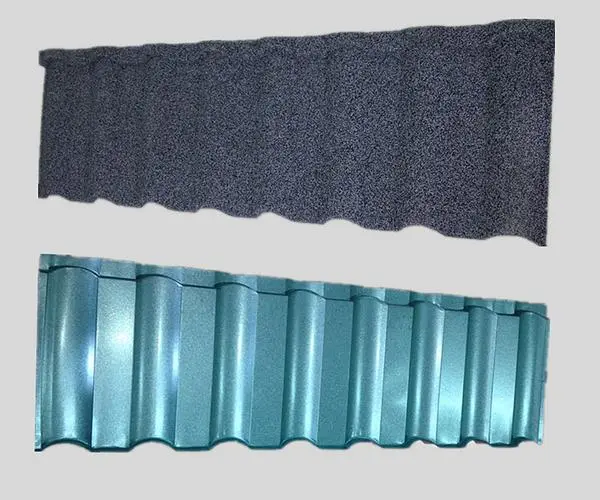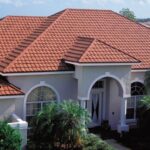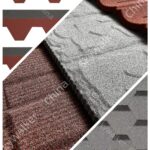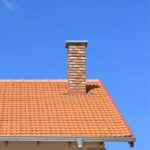Eliminate your concerns about rust prevention of metal roofing materials
Abstract:
Aluminum-zinc plating is a common anti-rust technique widely used in metal products and construction materials. This article provides a detailed explanation of the principles, parameters, applicable environments, advantages, and disadvantages of aluminum-zinc plating for rust prevention. Additionally, it explores its application in roofing materials.
Introduction:
Metal products and construction materials often face the challenge of rusting, which not only affects their aesthetic appearance but also diminishes their lifespan. To address this issue, the technique of aluminum-zinc plating has emerged as an effective rust prevention method. By forming a layer of aluminum-zinc alloy coating on the metal surface, excellent rust protection is achieved. The following sections will delve into the principles, parameters, applicable environments, and application areas of aluminum-zinc plating for rust prevention.
Rust Prevention Principles:
Aluminum-zinc plating achieves rust prevention through two main principles: barrier protection and electrochemical protection. Firstly, the aluminum-zinc coating forms a robust physical barrier that prevents oxygen and moisture from reaching the metal surface. Secondly, aluminum and zinc have high electrochemical activity. When the coating is damaged, they undergo electrochemical reactions, thereby protecting the base material from corrosion.
Rust Prevention Parameters:
Key parameters in aluminum-zinc plating include coating thickness, alloy composition, surface treatment, and coating structure. A thicker coating provides better protection, typically ranging from 5 to 25 micrometers. The alloy composition often consists of varying proportions of aluminum and zinc, which can be adjusted as per requirements. Surface treatment involves degreasing, rust removal, and activation processes to ensure coating adhesion and uniformity. The coating structure typically comprises zinc layer and aluminum-zinc alloy layer.
Applicable Environments:
Aluminum-zinc plating for rust prevention is suitable for metal products and construction materials in various environmental conditions. It exhibits excellent corrosion resistance and can be used both indoors and outdoors. The aluminum-zinc coating possesses good weatherability, capable of withstanding factors such as UV radiation, high temperatures, and humidity. Consequently, it finds widespread application in marine, coastal, and industrial pollution environments.
Advantages and Disadvantages:
Aluminum-zinc plating for rust prevention offers the following advantages:
- Excellent rust prevention, extending the lifespan of metal products.
- Strong weather resistance, adapting to different environmental conditions.
- Good decorative effect, providing a range of color options.
- Relatively low production costs, suitable for large-scale manufacturing.
However, this technique also has certain limitations:
- The coating thickness may increase the weight of the material.
- The coating may oxidize or discolor under high-temperature conditions.
- Restoring damaged aluminum-zinc coatings can be challenging and may require reapplication.
- Application in Roofing Materials:
Aluminum-zinc plating finds extensive application in the field of roofing materials. Metal roofing tiles, known for their lightweight and durability, are commonly used in residential and commercial buildings. Through aluminum-zinc plating, these roofing tiles effectively resist corrosion caused by humidity, acid rain, and other environmental factors. - Furthermore, the aluminum-zinc coating offers a variety of color choices, enhancing the decorative effect of the building exterior. Metal roofing tiles are increasingly popular in the roofing industry, and aluminum-zinc plating provides reliable rust protection for such applications.
Conclusion:
Aluminum-zinc plating is an important anti-corrosion method that achieves excellent rust prevention by forming an aluminum-zinc alloy coating. This technique is applicable to various metal products and construction materials, offering weather resistance and decorative effects.
However, certain limitations should be considered. In the field of roofing materials, aluminum-zinc plating provides reliable rust protection and enhances the aesthetic appeal of metal roofing tiles. As durability and sustainability requirements continue to grow, the application of aluminum-zinc plating in the metal products and construction materials industry will continue to expand.
To knows more of SKW roof products you can visit skwroof.com or directly go to our stone coated metal roof product list




